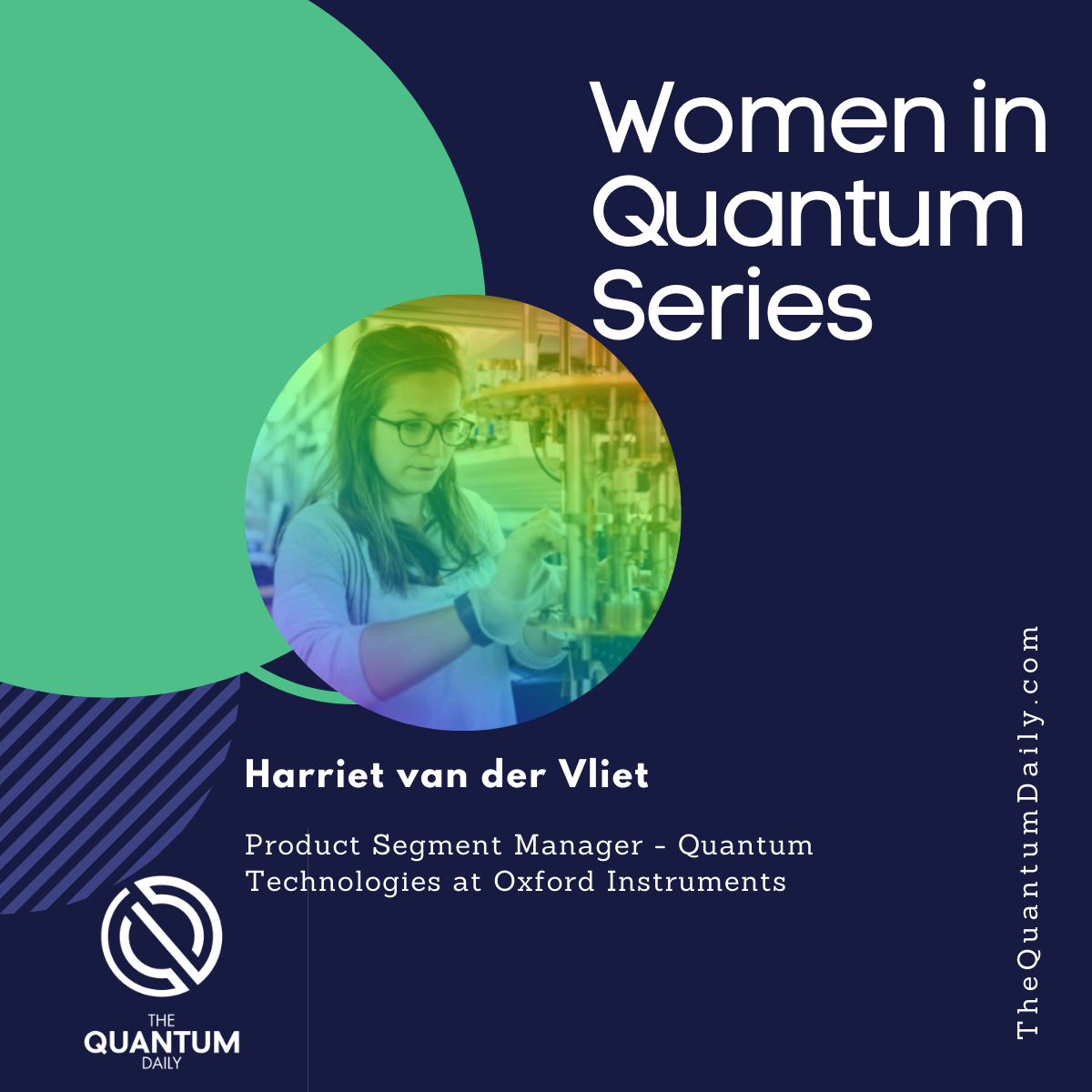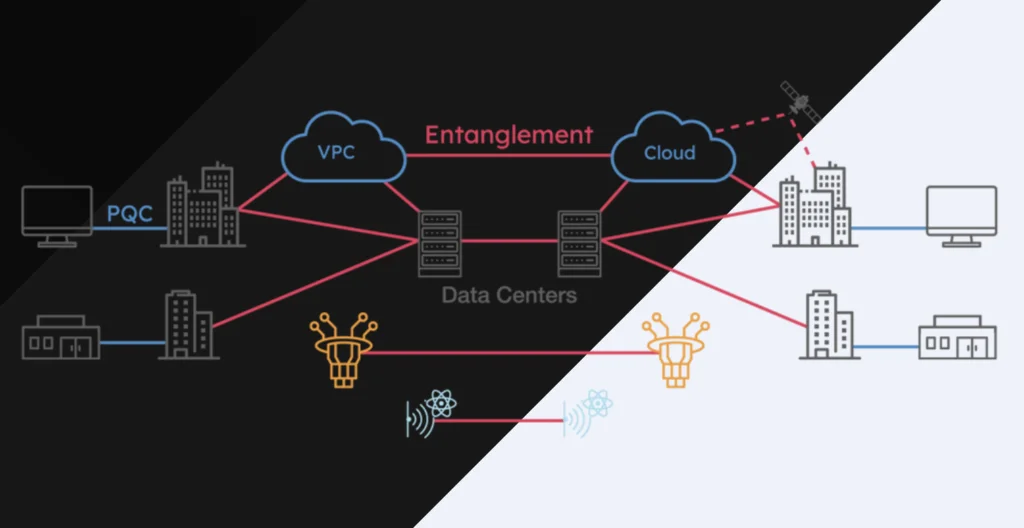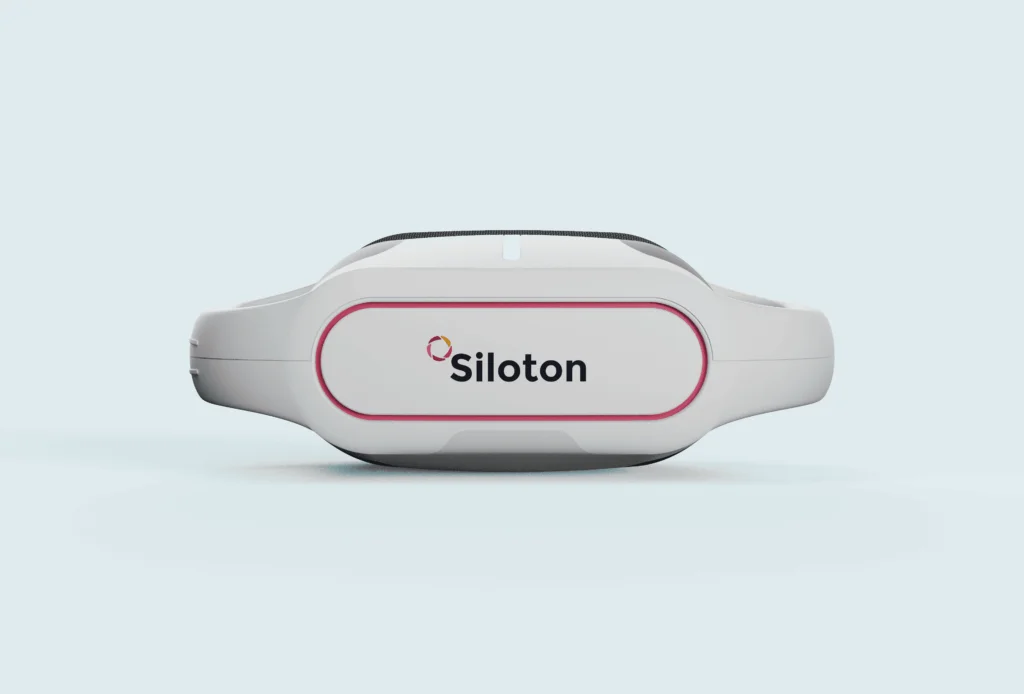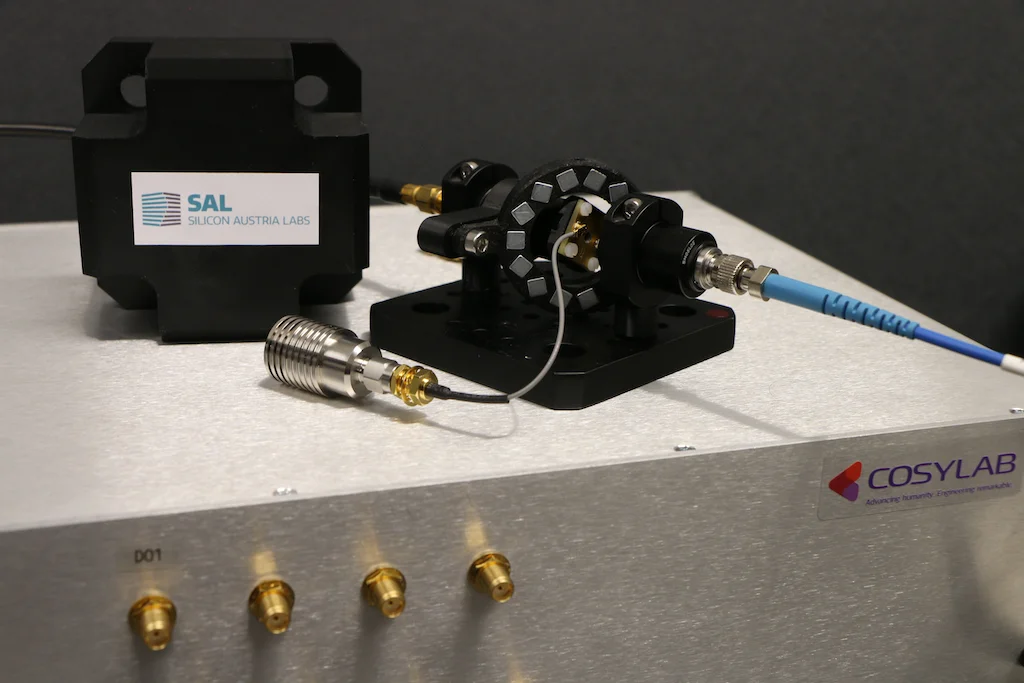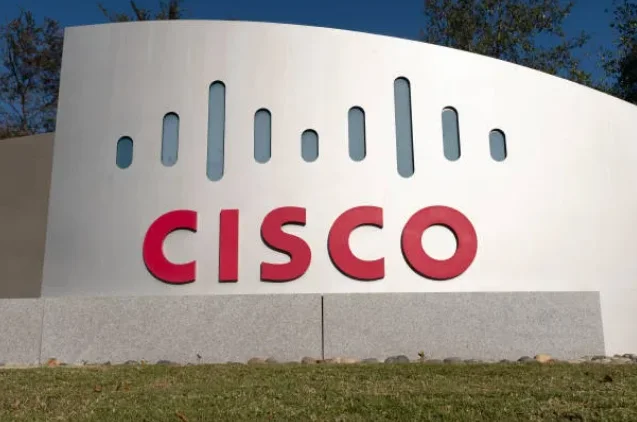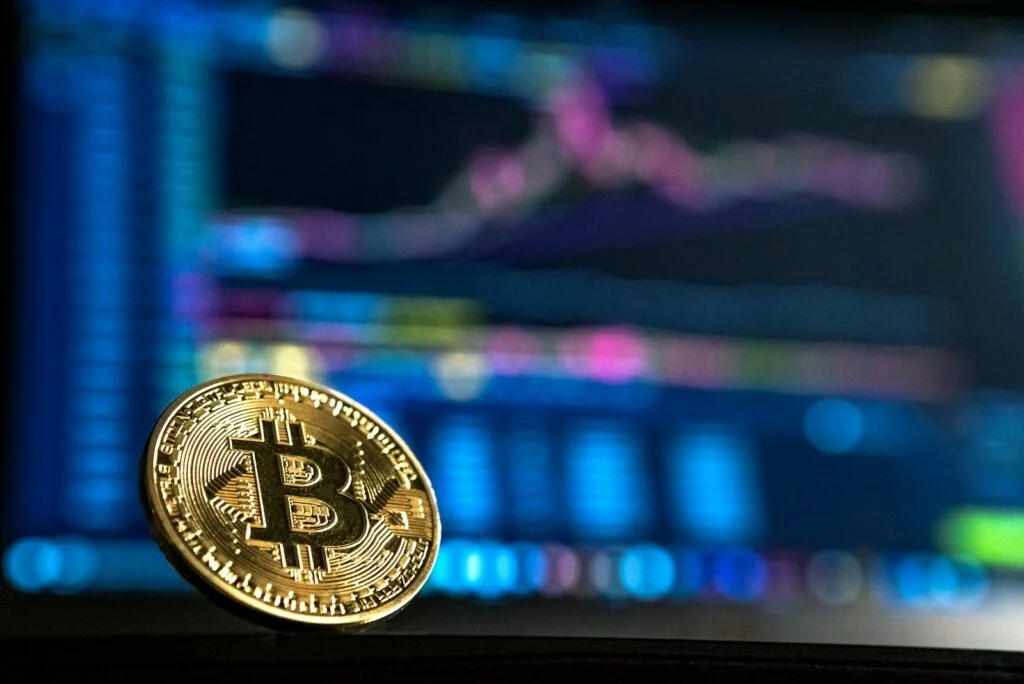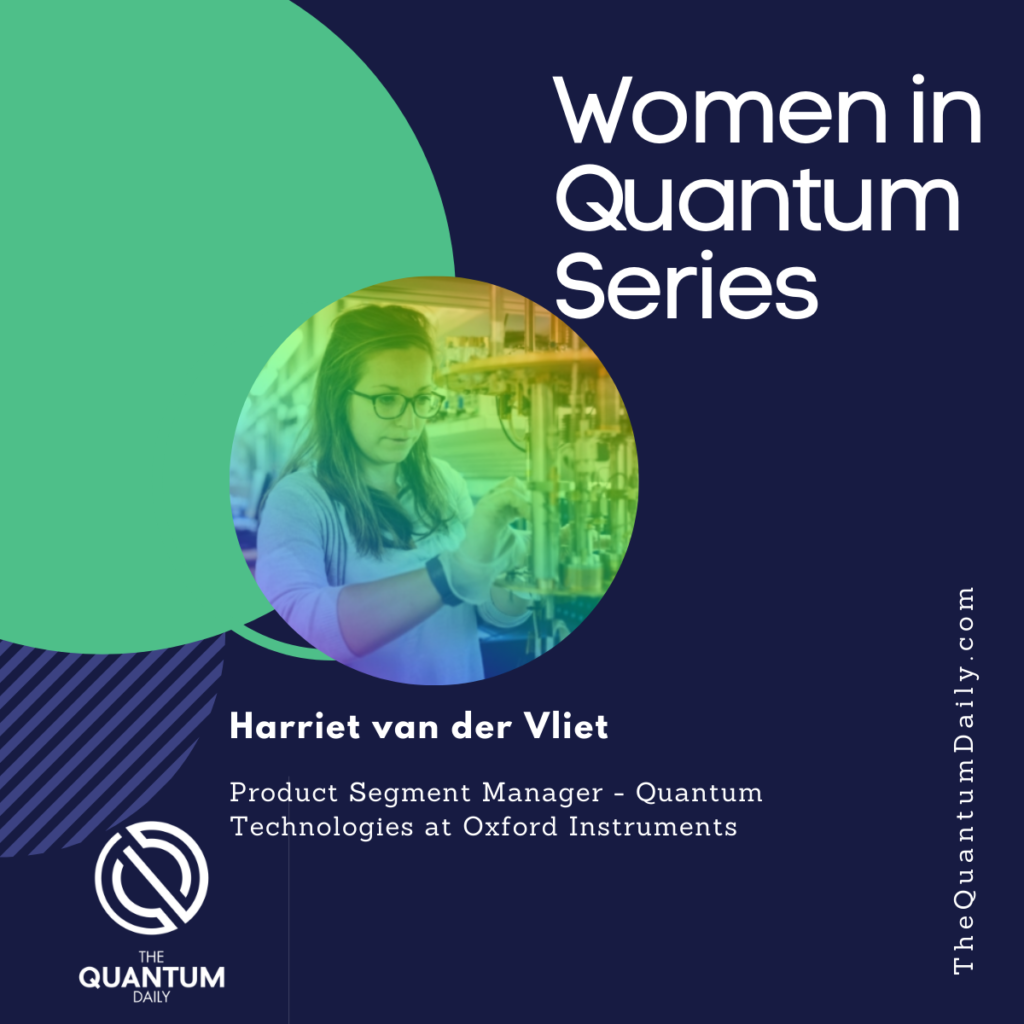
Oxford Instruments (OI) is one of the biggest names in the UK technology sector. From providing high technology products and services to the world’s leading industrial companies and scientific research communities, OI has solidified its reputation as a high-quality product development business. OI’s history goes back a long time. “Oxford Instruments was founded over 60 years ago by Sir Martin Wood,” Harriet van der Vliet, Product Segment Manager for Quantum Technologies at OI, explained. “It was the first spin-out from Oxford University, so it’s got quite a bit of history. For OI’s first workshop, it was actually held in the family garden shed, so that’s quite cool.” van der Vliet has always had a passion for OI’s impacts on society, including their many inventions. “OI built the first superconducting magnet, the first commercial dilution fridge, the first commercial NMR magnet, and installed the first MRI scanner in London,” van der Vliet said. Since then, OI has rapidly expanded to include a number of businesses around the globe, covering a variety of scientific fields.
van der Vliet joined OI back in 2017. She started as “a quantum engineer in the NPI team, the new product introduction team. This is before quantum engineers really existed in the quantum computing industry. My role was very different to how you now think of a quantum engineer.” van der Vliet clarified that: “A quantum engineer in a quantum computing company would actually be designing the superconducting circuits, doing all the testing, putting all the wiring together, and the amplifiers and isolators–everything for the circuits themselves, as well as the control of the qubit. Instead, I was doing cryogenic engineering, but for our quantum projects, and our quantum customers, and so I got to work with new products and built and tested customized systems, I also was able to work on some pretty cool projects, such as the QMiCS project, a 6.6m cryogenic link between two dilution refrigerators for quantum communications.”

From her work as a quantum engineer, van der Vliet transitioned to her current role as the Product Segment Manager for Quantum Technologies. van der Vliet found that: “I use my knowledge from working on the products and being a previous customer and a user of the equipment, to discuss with customers at the front end of the business and find out what people really want from our products.” Her job required developing successful working relationships with new and current OI customers, as well as some traveling. “I would normally go to quite a lot of conferences,” van der Vliet said. “And be in the booth, talking with people and keeping in touch with everyone, but obviously not at the moment.” She is hopeful that conferences will open again soon.
While working in quantum systems at OI, van der Vliet’s background is more cryogenic engineering than quantum-focused. She received her Ph.D. in quantum physics from Royal Holloway and pursued a career in the industry. “I was quite happy that my Ph.D. was half funded by Oxford Instruments,” she said, alluding to the beginning of her relationship with OI. “In my Ph.D., I started to work on building platforms for new quantum technologies. I was doing the cryogenic engineering required to cool down two-dimensional election gases down to millikelvin temperatures, and then measure the temperature of the electrons using noise thermometry.” van der Vliet found that her background in cryogenics gave valuable tools that would help her succeed in working on quantum technology. Her many visits to the OI factory during her Ph.D. allowed her to develop partnerships that would lead to her current position.

As the Project Segment Manager for Quantum Technologies, van der Vliet works across the business with employees from all teams. From her position, she has been able to mentor young women pursuing careers in quantum technology. She’s proud to work with OI, which encourages a supportive community for women. “Here at Oxford Instruments, we encourage apprenticeships in engineering,” said van der Vliet. “There have been a couple of girls that have come through, who have said that they don’t really want to go to university and would enjoy doing a hands-on industry apprenticeship. It’s really great to encourage them to work in manufacturing and tech businesses as an apprentice and then work their way up. We do quite a bit of mentoring on that side which is brilliant.” van der Vliet has found herself being one of the few females in her business, but that doesn’t stop her, as she’s discovered that the industry is extremely supportive and full of great mentors. “I would say to anybody who loves science and technology, you should be able to work in the quantum technology industry without worrying about what the workplace is like, in either industry or academia.” van der Vliet is proud to be a role model for other female engineers in quantum technology and tries to mimic the mentors she had when mentoring others.
If you found this article to be informative, you can explore more current quantum news here, exclusives, interviews, and podcasts.

